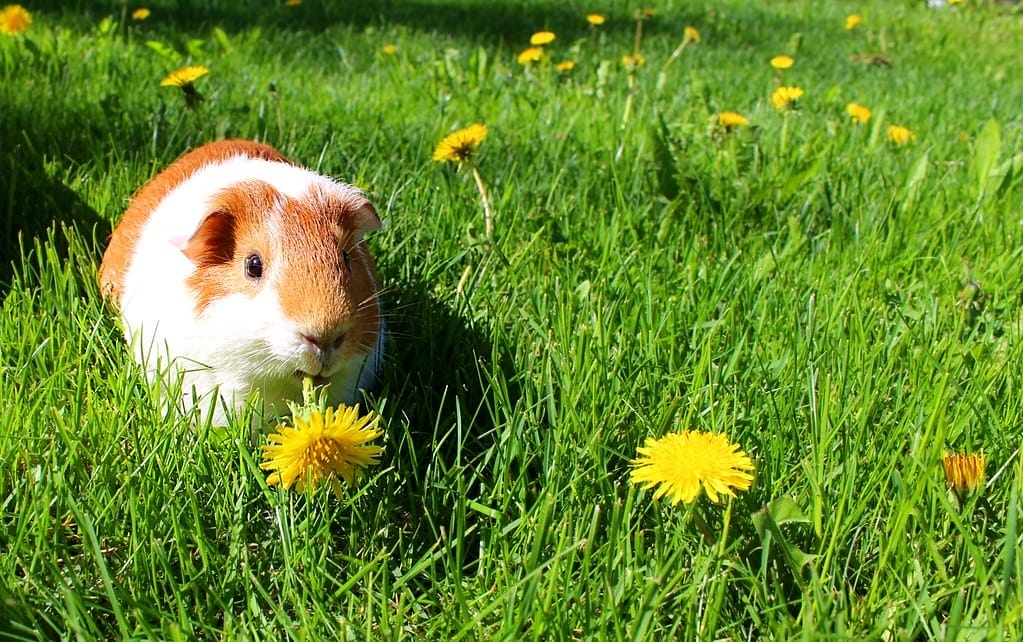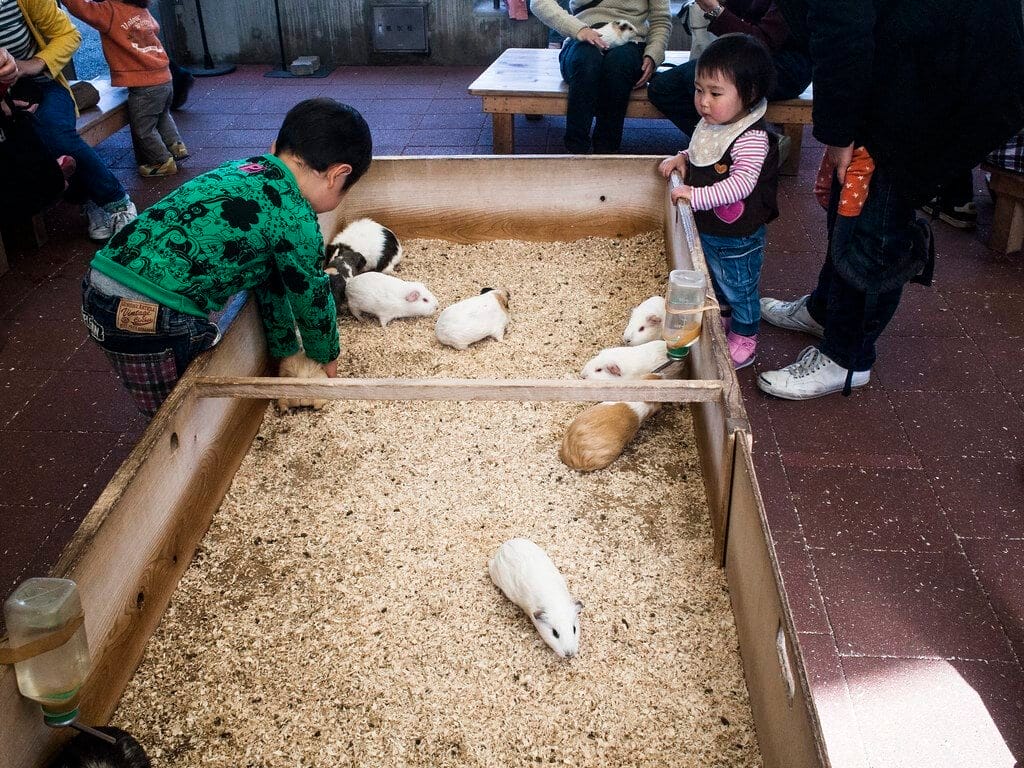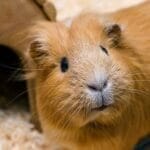
How to choose Guinea Pigs Pellets?
Why do you need Guinea Pig Pellets?
Every guinea pig needs food and there is nothing more frustrating than deciding on what your guinea pig should be eating. Luckily, with good guinea pig pellets, your decisions are made much more simple. Guinea pig pellets are a type of dry food designed for small animals.
They are cheap and provide plenty of nutrition for your guinea pigs that normal food can’t possibly provide. Sure, you can give your guinea pig veggies, hay, seeds, and even meat, but these are both more costly and couldn’t end up getting stuck in your guinea pig’s mouth. Additionally, normal food may not be able to provide the proper amount of Vitamin C and other vitamins that a guinea pig needs. This is where the pellet food comes in as they tend to make up for the lack of vitamins in normal food.
Guinea pig pellets should also be filled with the essential minerals that your guinea pig needs to thrive. They should be small enough so that your guinea pig won’t choke on them if they are accidentally swallowed. Finally, when looking for food for your guinea pig, you should look for more natural foods and pellets. Try to go for pellets that contain no artificial colors or flavors with high-quality ingredients. Ideally, they should also be preserved in a way such that there is ideal freshness for long periods of time. We really like resealable guinea pig pellets too as it keeps the food fresh, and crunchy, and prevent them from going stale.
How to choose Guinea Pigs Pellets – A Buying Guide
Choosing the right pellets for your guinea pigs is essential to ensure their overall health and well-being. Guinea pigs have specific dietary requirements, and pellets are a crucial part of their nutrition. To make an informed choice, consider the following factors when selecting guinea pig pellets.
1. Nutritional Content:
Check the nutritional content of the pellets to ensure they meet the dietary needs of guinea pigs. Look for pellets that are high in fiber, specifically Timothy hay-based pellets, as guinea pigs require a significant amount of roughage. Avoid pellets with excessive amounts of grains, seeds, or other fillers, as these can be detrimental to their digestive system. Aim for pellets that contain vitamin C, as guinea pigs cannot produce it themselves and depend on it from external sources.
2. Ingredients and Additives:
Inspect the ingredient list to ensure that the pellets contain high-quality ingredients. Avoid pellets with artificial colors, flavors, or preservatives, as these can be harmful to your guinea pig’s health. Opt for pellets that are made from natural and easily digestible ingredients, free of chemicals or unnecessary additives. Additionally, choose pellets that do not contain added sugar, which can lead to obesity and other health issues.
3. Pellet Size and Texture:
Consider the size and texture of the pellets, as guinea pigs have specific eating habits. Pellets that are too large or too hard may be difficult for them to chew and digest properly. Look for pellets that are small and easily manageable for your guinea pigs. Pellets with a softer texture are preferable, as they are easier to chew and less likely to cause dental problems.
4. Reputation and Recommendations:
Research and consider reputable brands of guinea pig pellets. Look for brands that have a history of producing high-quality and nutritious products for small animals. Seek recommendations from experienced guinea pig owners, veterinarians, or online communities dedicated to guinea pig care. Reading reviews and testimonials can help you gauge the satisfaction of other guinea pig owners who have used specific pellet brands.
5. Price and Packaging Size:
Consider your budget and the packaging size options available for the pellets. Compare prices across different brands and retailers to find a balance between affordability and quality. Larger packaging sizes may offer better value for money in the long run, particularly if you have multiple guinea pigs. However, ensure that the pellets can be consumed before their expiration date to avoid waste.
In summary, by considering factors such as nutritional content, ingredients, pellet size and texture, reputation, and price, you can make an informed decision when choosing pellets for your guinea pigs. Providing them with high-quality, nutritious pellets will contribute to their overall health and longevity. Remember to introduce new pellets gradually, allowing your guinea pigs to adjust to the change in their diet. Regularly monitor their weight and consult a veterinarian if you have any concerns about their dietary needs or pellet choices.










